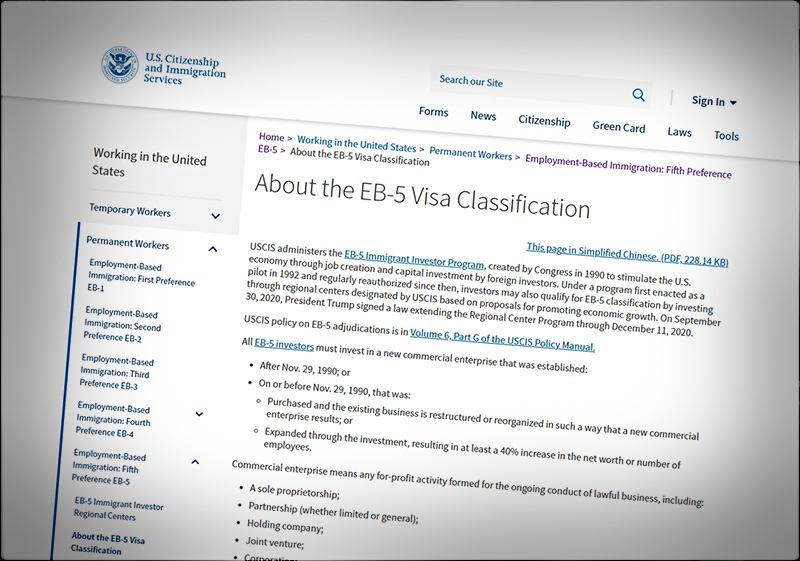
Can a once-eligible EB-5 (immigrant investor) project though a regional center be reorganized in such a way that it can become a set of “direct investments” and thus be eligible to create visas for wealthy aliens?
David E. Beauregard, an Indiana businessman, thinks so: “All we have to do is to adjust the docs,” he told me on the phone this week.
I wonder. It will be interesting to see how USCIS reacts to such applications. “Adjusting the docs” may or may not get governmental support.
The “direct investment” opportunities he is offering are within a “4-season” resort in Utah, close to Park City, within an eight square mile chunk of real estate with a shopping center, a 72-hole golf course, and the usual collection of skiing, hunting, shopping, and residential opportunities.
It is the Wohali Resort.
The offer is entitled: “Minimum EB-5 Investment is $500K for a Limited Time. Act Now!”
The offer to the aliens includes “a secured return to the investor of 3% annually.” That sounds an awful lot like a loan, and EB-5 investments are supposed to be at risk. Also, Beauregard may be breaking ranks with his fellow middlemen, who usually pay only 1 percent for the aliens’ money.
This offer comes at a time when the EB-5 program would seem to be in deep trouble. The main part of the program, involving regional centers that pool the aliens’ money, was not renewed by Congress and so it expired, at least for the time being, on June 30. The other part of the program, the part that survives, calls for direct investment by aliens in businesses that they would manage themselves; it never attracted much interest because most EB-5 investors want a second passport, for which they are willing to pay a lot of money, but few are interested in actually running that bar or restaurant or dry cleaning establishment.
But perhaps Beauregard has found a new way to manipulate the much-manipulated EB-5 system. His pitch can be seen here.
The EB-5 program, until a new set of regulations was adopted in November 2019, required $500,000 minimum investments. Then the ante was raised to $900,000 and stricter rules were laid on as to where the investments could be made. Those regulations were eliminated by a federal court in California last month and then, days later, the congressional authorization lapsed.
An investment could bring a full set of immigrant visas for the investor, his or her spouse, and all of their children under 21. It was largely used by well-to-do but nervous Chinese. Often investors were swindled by U.S. middlemen.
